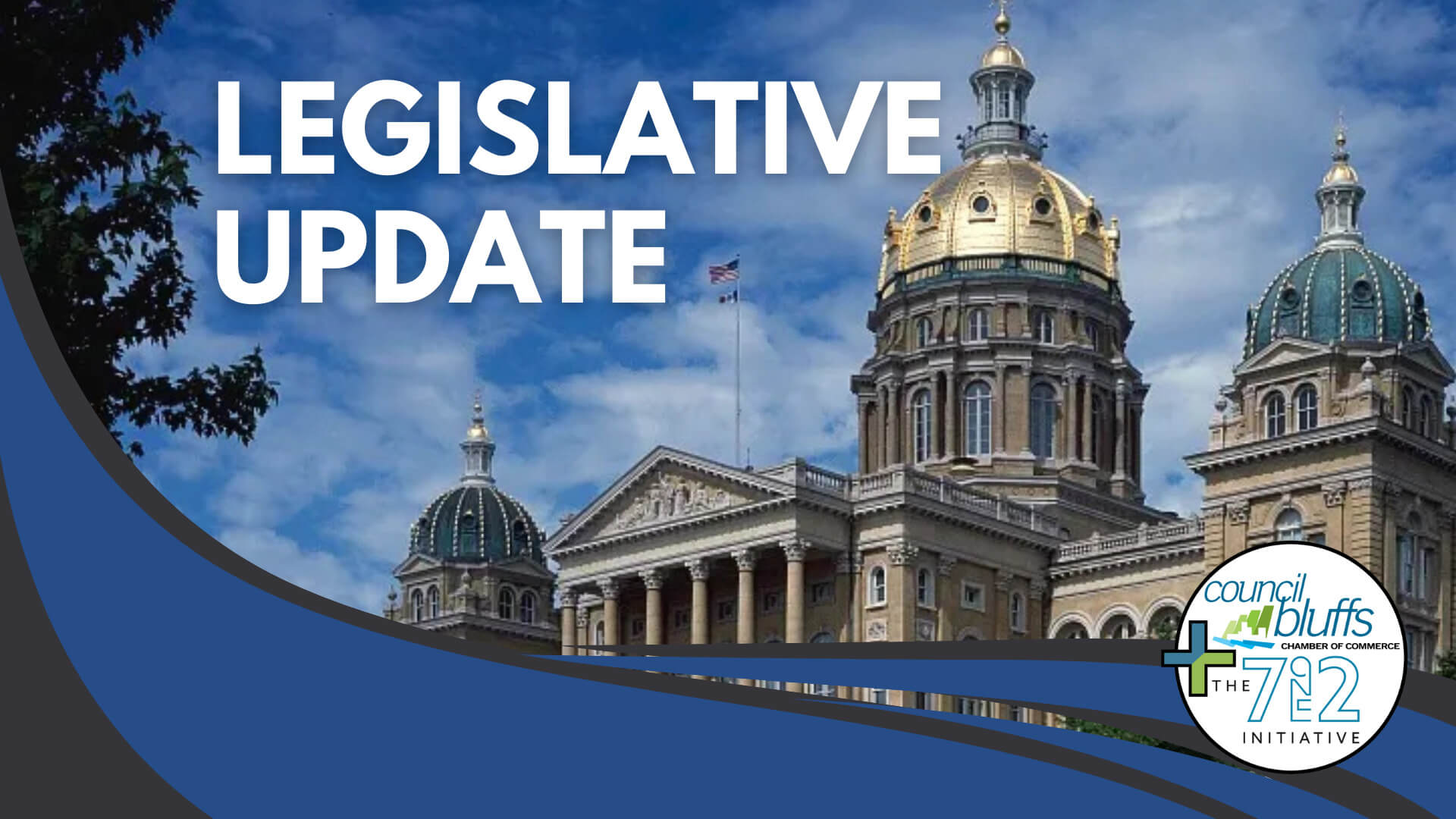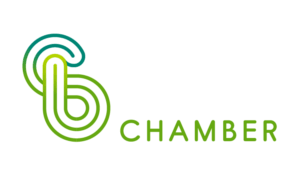March 3, 2025 Legislative Update

The majority of work done this week related to legislation to make changes to the Iowa Civil Rights Act after legislation was introduced late last week. Subcommittee and Committee meetings were held in both the House and Senate before the bill was taken up on the floor Thursday afternoon. Iowans opposed to the bill protested at the Capitol on Monday, Tuesday, and Thursday. A public hearing was held at 9:30 am Thursday where members of the House Judiciary Committee heard comments from members of the public supporting and opposing the bill.
Iowa Civil Rights Act
Senate File 418 was introduced on February 24th, a companion file was introduced in the House on February 20th. Both the House and Senate held subcommittee meetings on Monday and heard from proponents and opponents of the bill. Senate File 418 removes gender identity as a protected class from the Iowa Civil Rights Act, adds definitions in Iowa code for female, male, biological sex, mother, father, and requires birth certificates issued in Iowa to reflect an individual's biological sex.
Republicans introduced the legislation in response to anticipated and ongoing litigation related to laws passed previously by the legislature requiring Iowans to use public restrooms that coincide with their biological sex, removing sex change operations from Medicaid eligibility, and prohibiting biological males from competing in women’s sports.
The Senate passed the legislation with a party line vote, 33-15 with Senators Sinclair and Celsi absent. The House voted 60-36 with Republican Representatives Bergan, Harris, Lohse, Mommsen, and Sieck voting no. Republican Representative Ingels was noted absent. All Democrat representatives present for the vote opposed the bill.
On Friday afternoon, Governor Reynolds signed SF 418 into law. Today, Governor Reynolds released the following statement:
“Today, I am signing into law a bill that safeguards the rights of women and girls.
It is common sense to acknowledge the obvious biological differences between men and women. In fact, it is necessary to secure genuine equal protection for women and girls.
It is why we have men and women’s bathrooms, but not men and women’s conference rooms; girls’ and boys’ sports, but not girls’ math and boys’ math; separate men and women’s prisons, but not different laws for men and women. It is about the biological differences, and that is all.
It is also why Iowa has enacted laws protecting girls’ sports for girls and women’s private spaces like bathrooms and locker rooms.
But unfortunately, these commonsense protections were at risk because, before I signed this bill, the Civil Rights Code blurred the biological line between the sexes. It has also forced Iowa taxpayers to pay for gender reassignment surgeries.
That is unacceptable to me, and it is unacceptable to most Iowans.
I know this is a sensitive issue for some, many of whom have heard misinformation about what this bill does. The truth is that it simply brings Iowa in line with the federal Civil Rights Code, as well as most states.
We all agree that every Iowan, without exception, deserves respect and dignity. We are all children of God, and no law changes that.
What this bill does accomplish is to strengthen protections for women and girls, and I believe that is the right thing to do.”
Housing – Council Bluffs Chamber Registered in Support
House File 617 expands Tax Increment Financing (TIF) options for cities to develop long-designated “greenfield” sites—properties within city limits for at least 20 years that have never been developed. Under current law, TIF periods are limited to 10 years, with a low- or moderate-income (LMI) housing set-aside matching the county poverty rate. This bill extends the maximum TIF period to 20 years and sets a minimum LMI requirement of 20% for qualifying greenfield sites that have been inside city limits for at least 20 years. The Council Bluffs Chamber of Commerce is registered FOR this bill as it provides cities with stronger incentives to promote development within existing city boundaries.
Unemployment Insurance Reform
During the Condition of the State address, Governor Reynolds announced a proposal to reduce unemployment insurance taxes on employers. The proposed legislation would decrease the taxable wage base by half, lower the maximum tax rate to 5.4% in all tax tables, and reduce the number of tax tables. Iowa’s Unemployment Trust Fund has the 9th highest balance in the United States with $1.8 billion in the fund.
Senate Study Bill 1173 was introduced on Monday and advanced out of subcommittee on Thursday. A companion bill was introduced in the House in January but has not been considered by a subcommittee yet.
Other Bills of Interest
House File 208 relates to the Workforce Housing Tax Incentives Program by adding language that any remaining funds not allocated to projects in small cities, no more than 1/3 of the remaining funds may be allocated to qualified housing projects located in either of the two most populous counties in the state. The legislation was approved by a subcommittee on Monday.
Senate Study Bill 1141 and House Study Bill 177 provide an alternative pathway for a certified public accountant to receive their certificate. CPAs are required to complete 150 semester hours of college credit and one year of experience. The bill expands the qualifications to include 120 semester hours and two years of experience for a CPA to receive their certificate. Both bills advanced out of their respective State Government Committees and are eligible for floor debate.
House File 140 allows for the direct shipment of alcoholic liquor within the state and creates a direct shipper license. The bill advanced out of the House State Government Committee this week with a 17-6 vote. Last week, the Senate advanced a companion bill out of subcommittee but it has not been considered by the Senate Commerce Committee.
Next week: The first funnel deadline, when bills must be passed out of committee in their originating chamber to remain eligible, is March 7. Committees in both chambers will hold meetings next week to ensure any priority legislation advances beyond the first funnel deadline. Legislation in either the Ways and Means or Appropriation Committees are exempt from the first funnel.
